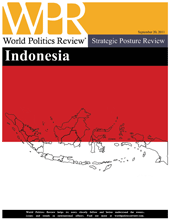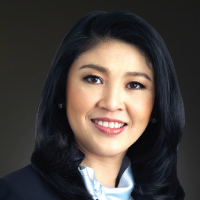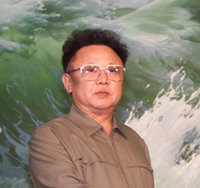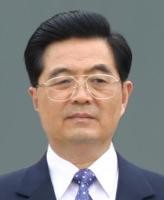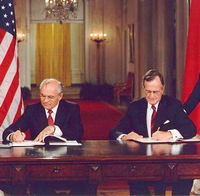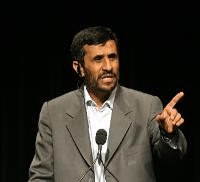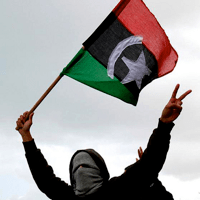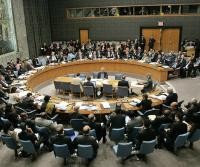
This Thursday, the United Nations Security Council will hold a special session on preventive diplomacy — the art of averting imminent wars, coups and massacres. The event will be attended by heads of state and foreign ministers, currently gathering in New York for the annual opening of the General Assembly. Their minds will almost certainly be elsewhere, as the Palestinian drive for recognition as a state is completely dominating U.N. diplomacy. So the Security Council session is unlikely to generate anything more than well-aged truisms: Prevention is better than reaction; diplomacy is better than force, and so on. Nevertheless, even […]

